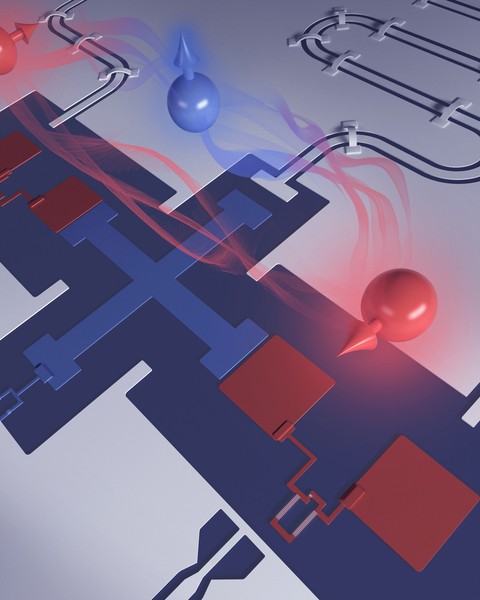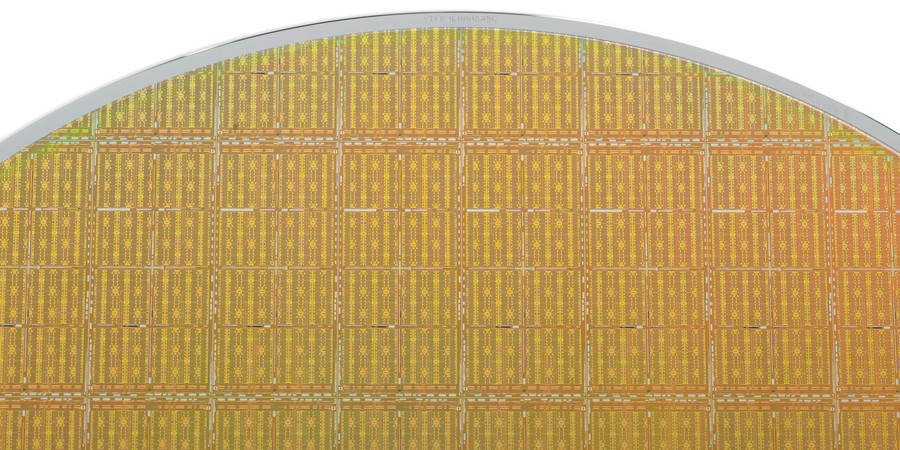September 25, 2023
In the future, quantum computers may be able to solve problems that are far too complex for today’s most powerful supercomputers. To realize this promise, quantum versions of error correction codes must be able to account for computational errors faster than they occur.
However, today’s quantum computers are not yet robust enough to realize such error correction at commercially relevant scales.
On the way to overcoming this roadblock, MIT researchers demonstrated a novel superconducting qubit architecture that can perform operations between qubits — the building blocks of a quantum computer — with much greater accuracy than scientists have previously been able to achieve.
They utilize a relatively new type of superconducting qubit, known as fluxonium, which can have a lifespan that is much longer than more commonly used superconducting qubits.
Their architecture involves a special coupling element between two fluxonium qubits that enables them to perform logical operations, known as gates, in a highly accurate manner. It suppresses a type of unwanted background interaction that can introduce errors into quantum operations.
Complete article from MIT News.
Explore
MIT Engineers Advance Toward a Fault-tolerant Quantum Computer
Adam Zewe | MIT News
Researchers achieved a type of coupling between artificial atoms and photons that could enable readout and processing of quantum information in a few nanoseconds.
New Chip Tests Cooling Solutions for Stacked Microelectronics
Kylie Foy | MIT Lincoln Laboratory
Preventing 3D integrated circuits from overheating is key to enabling their widespread use.
Analog Compute-in-Memory Accelerators for Deep Learning
Wednesday, April 30, 2025 | 12:00 - 1:00pm ET
Hybrid
Zoom & MIT Campus




